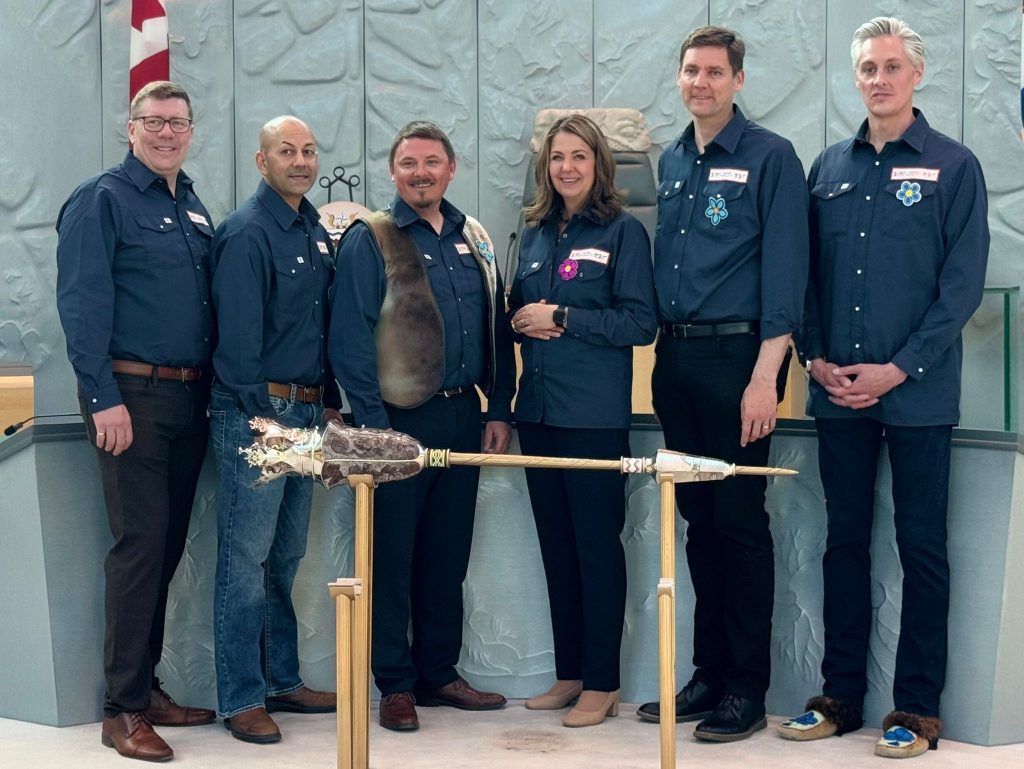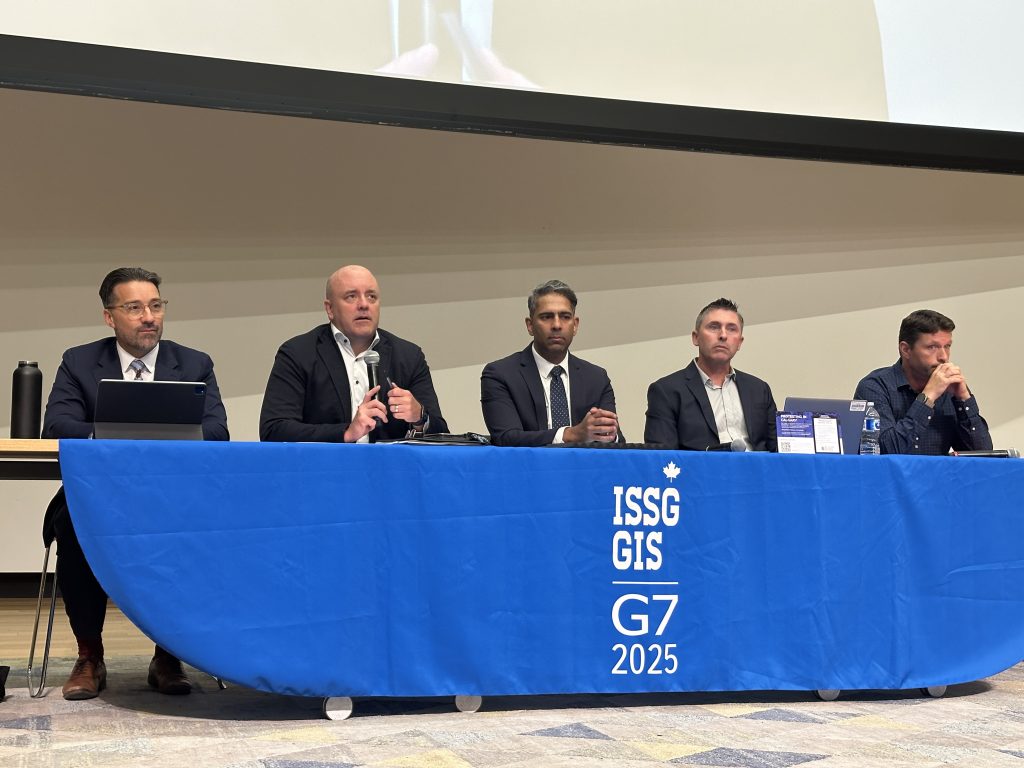University of Calgary research aims to tackle the needle fear in young kids

Posted Aug 4, 2022 4:45 pm.
Last Updated Aug 5, 2022 9:01 am.
New research by the University of Calgary aims to tackle the needle fear in young kids and help their parents get them immunized.
Lead researcher Dr. Melanie Noel, a researcher and associate professor of child psychology at the University of Calgary, is at the helm of new research into needle phobia to reduce fear in kids.
Calling all Canadian parents of kids aged 4-11: Do you want to make your child's covid vaccinations easier & more comfortable? Take part in this study to ease their pain & fear & empower your child! You’ll receive resources to help, answer questions, & get $40 to thank you! pic.twitter.com/esXTfHcrYb
— Dr. Melanie Noel (@MelanieNoel) August 3, 2022
“We are taking what we know from science and putting this in the hands of parents of young kids,” Noel said.
“We need kids to get vaccinated, but we also know that a lot of kids, especially young kids, are scared of needles, and that kind of makes them hesitant to do it. It makes their parents disempowered,” Noel added.
RELATED STORIES
-
Some Alberta parents hesitant to give COVID-19 shots to their kids
-
Kids under 5 now eligible for COVID-19 vaccine in Alberta
-
Alberta COVID vaccines for kids under 5 starting in August
There are many drivers of vaccine hesitancy, but one is the fear and concern about the pain of needles.
Noel’s research at the university aims to track the COVID-19 vaccine journey of hundreds of kids from across Canada between the ages of 4-11 years, as well as their parents.
“I believe that if we can give information to parents, and that’s what we are doing here about how to make this well and how to set them up for success — I believe, ultimately, that will reduce vaccine hesitancy,” Noel said.
Noel believes what kids experience at the ages examined in the research, tends to have a lifelong impact.
“This is a beautiful time of development, where kids are looking towards their parents, where they are very impressionable. If we can help kids early, we can offset pain problems, mental health problems, and avoidance of medical care right into adulthood,” Noel said.
To make it convenient for parents and children, data for this study is being collected remotely, through online questionnaires and telephone interviews.
For more information or to participate, contact abcpainlab@ucalgary.ca with the subject “CN Study.”








